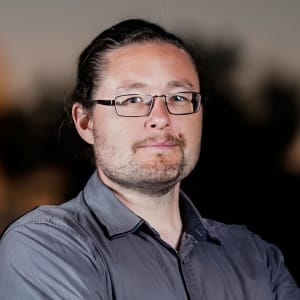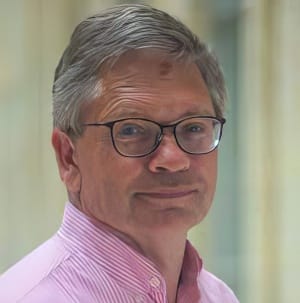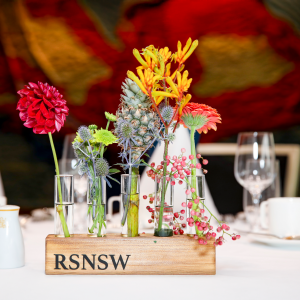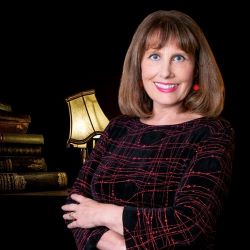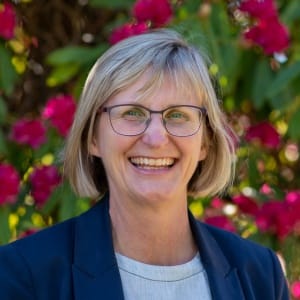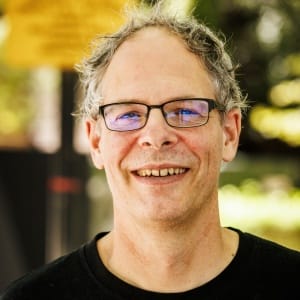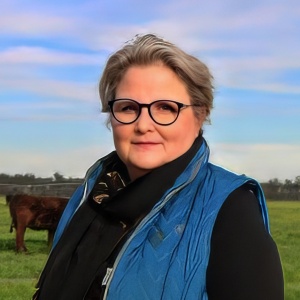1263rd OGM and open lecture
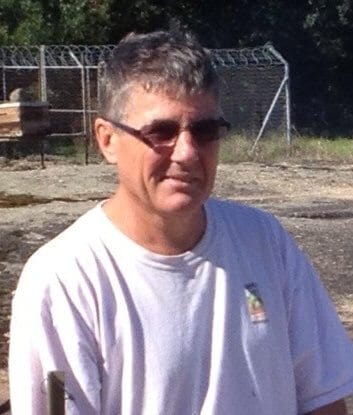
 “No sex please, we’re Cape bees”
“No sex please, we’re Cape bees”
Professor Ben Oldroyd
School of Life and Environmental Sciences
University of Sydney
Wednesday 6 June 2018
Gallery Room, State Library of NSW
This was the first OGM and Open Lecture held at the Society’s new home venue, the State Library of NSW.
Ant and bee colonies have often served as allegorical models for ideal human societies. This view is nicely illustrated by Shakespeare’s King Henry V, in which a bee colony is depicted as a benevolent dictatorship with the workers carrying out coordinated tasks and living in harmonious obedience to a caring monarch, much like Elizabethan England should have been.
Professor Ben Oldroyd has spent a career trying to prove that this idea is wrong. In particular, Ben bred a line of ‘anarchistic’ honey bees, in which the workers laid eggs all the time. Such worker misbehaviour has devastating colony-level effects, because the worker-laid eggs develop into useless male drones. Ben’s work uncovered the gene network that regulates worker sterility in normal bees, showing that in normal workers with a queen and her pheromone, egg development is aborted by programmed cell death in the ovaries of workers. This solved a 50-year-old puzzle as to how a gene that causes sterility could operate. Think about it: if a gene makes you sterile, how could it spread?
But that’s not what this lecture was about. Rather, Ben described a remarkable honey bee subspecies from South Africa, Apis mellifera capensis. Capensis is unique because when an unmated Capensis worker lays an egg it develops not as a male, but as a female – a clone of the worker. This gives a Capensis worker the opportunity to be reincarnated as a queen, much like a pawn in chess. And this completely disrupts their societies because Capensis workers are always plotting revolutions. Ben explained the biological basis of their behaviour and described the march of the clones across the commercial industry, triploid queens, gassed virgins, fusion nuclei, social parasitism, social cancers and more besides.
Ben Oldroyd is Professor of Behavioural Genetics at the University of Sydney. He completed a BSc(Agr) at Sydney in 1980 and a PhD on bee breeding in 1984. Ben’s research focuses on the genetics of honey bees, the evolution of social behavior and evolution more broadly. In 2001 Ben was awarded a Doctor of Science for his contributions to the understanding of the evolution of honey bee societies, and he is past-President of the International Union for the Study of Social Insects. Ben is heavily involved with the Australian beekeeping industry, including helping beekeepers breed better, healthier strains. In recognition of this, Ben was awarded the NSW Science and Engineering award in Biology in 2014. Ben has made important contributions to our understanding of the biology of Asian honey bees. His book Asian Honey Bees: Biology, Conservation and Human Interactions (Harvard University Press) is the authoritative text on the subject. Ben has authored nearly 300 scientific papers on honey bees and stingless bees.

